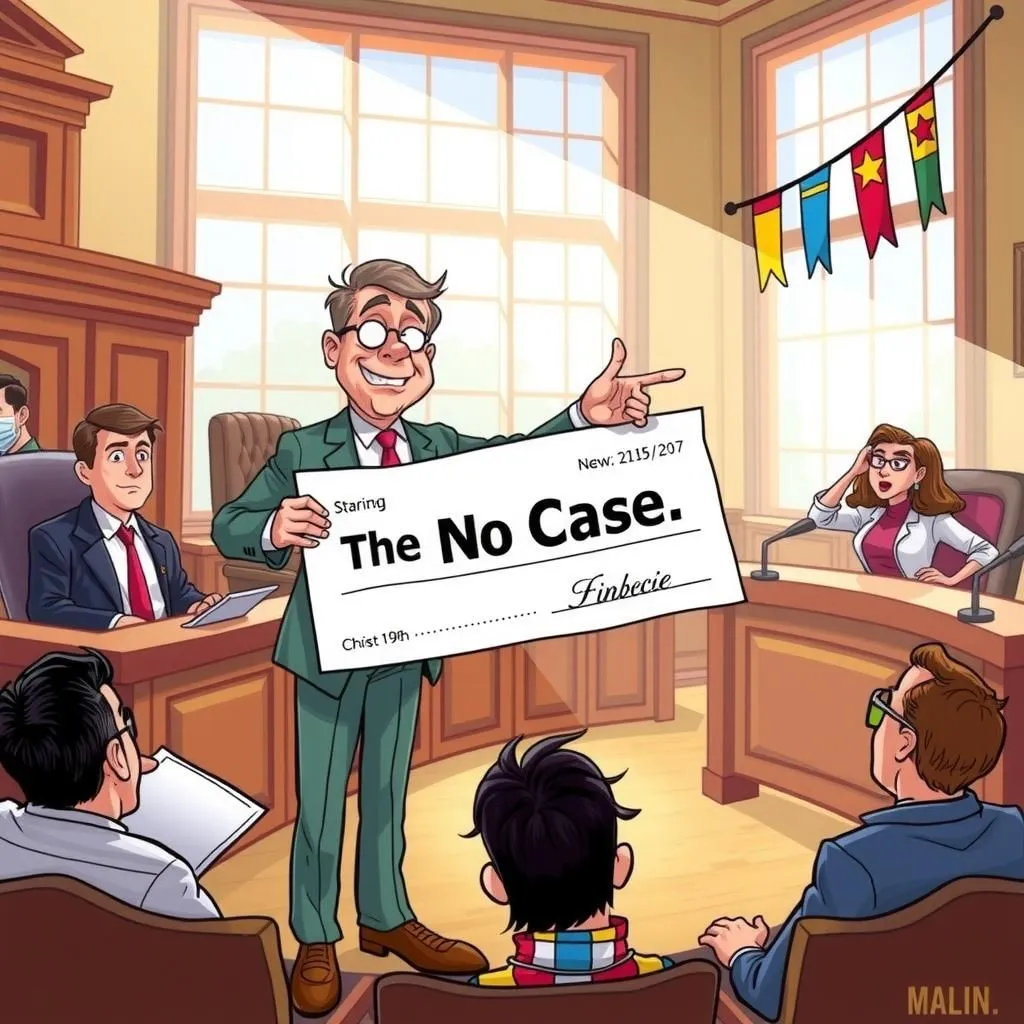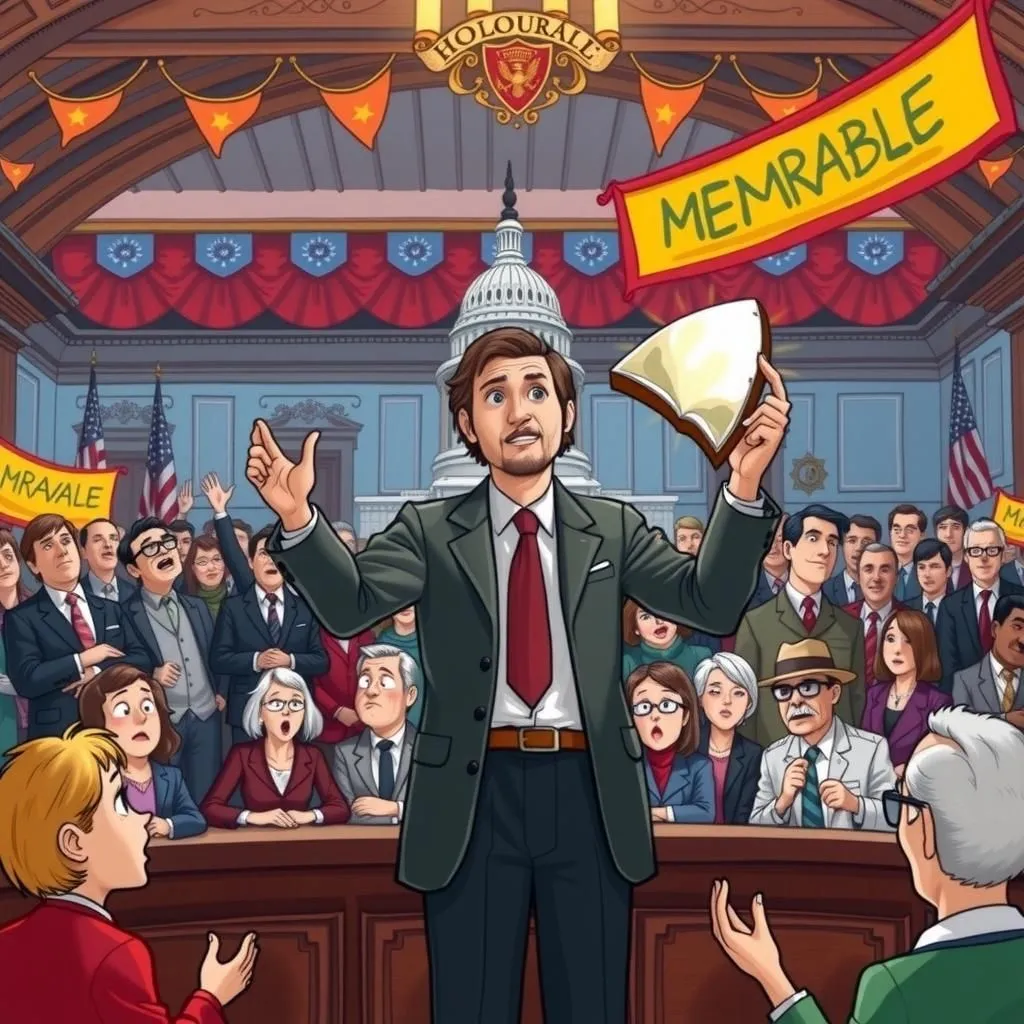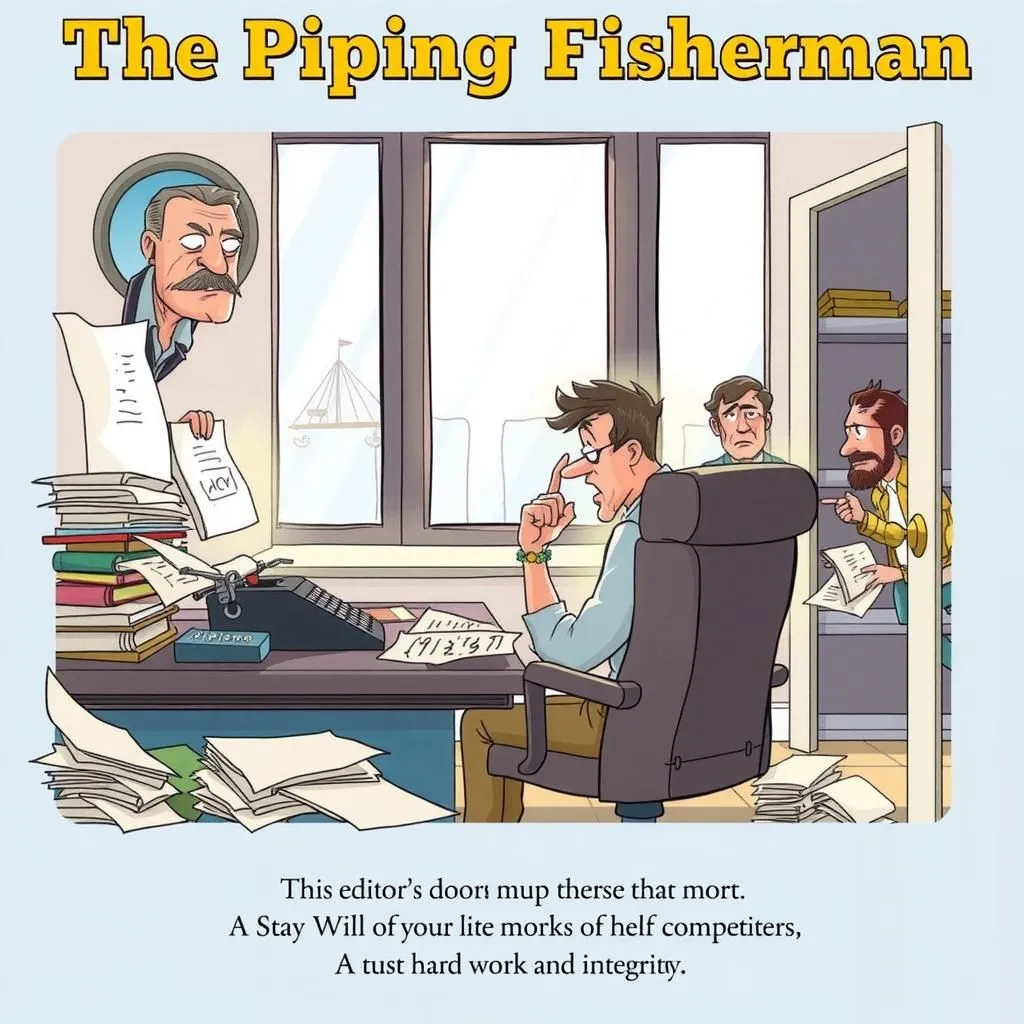
The No Case
In "The No Case," a statesman humorously challenges the charges against him after being indicted by a Grand Jury, requesting dismissal due to a lack of evidence. He presents a check as proof of this absence, which the District Attorney finds so compelling that he claims it could exonerate anyone, showcasing the wit often found in entertaining moral stories and short tales with moral lessons. This life-changing story highlights the absurdity of justice and the clever use of humor to navigate serious situations.


